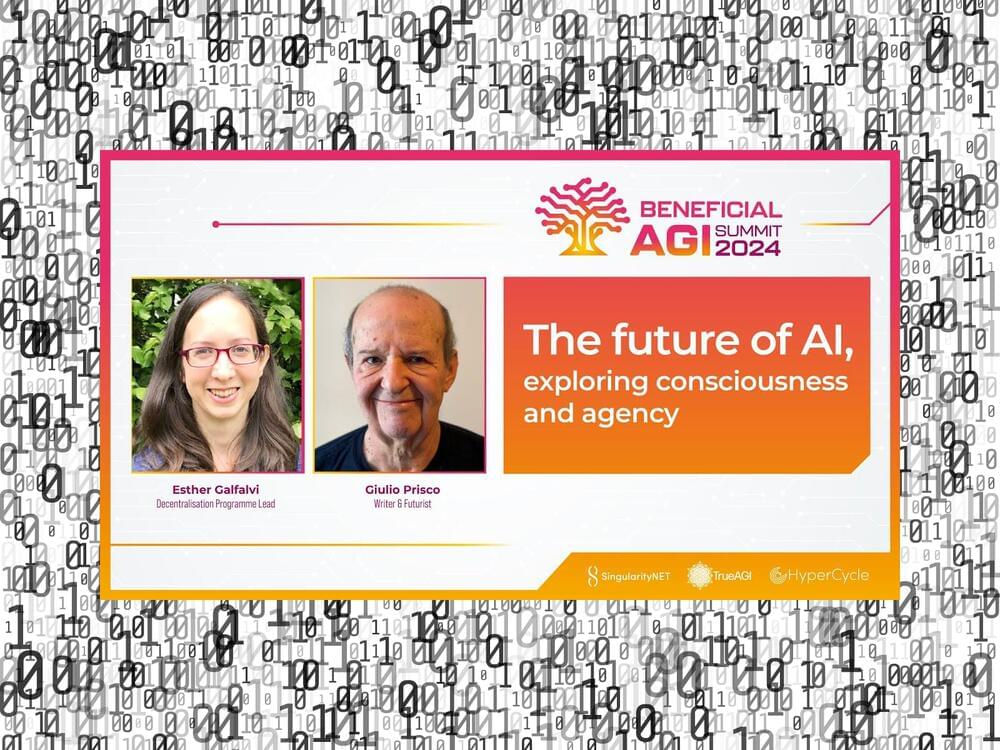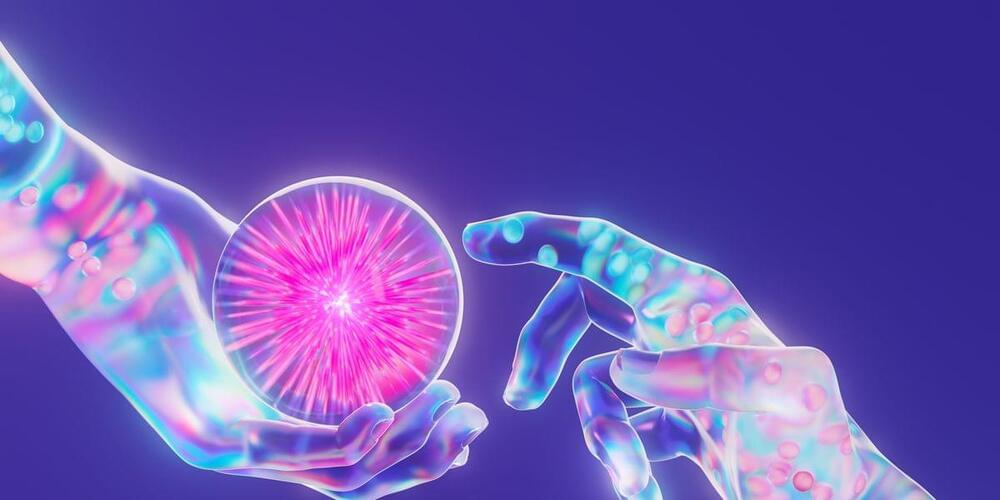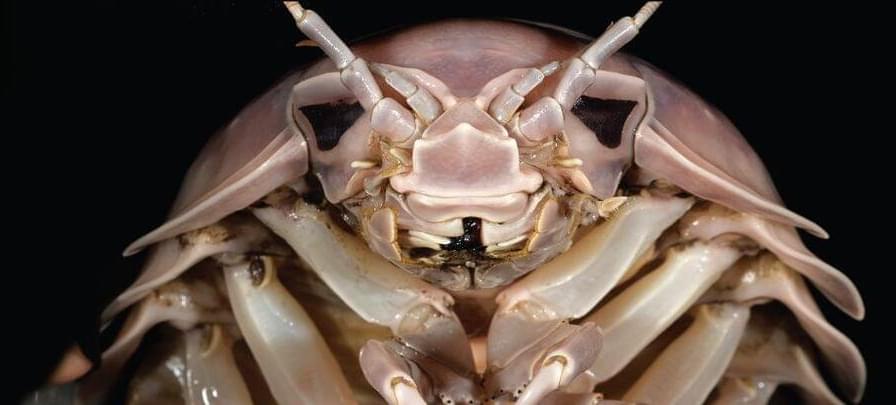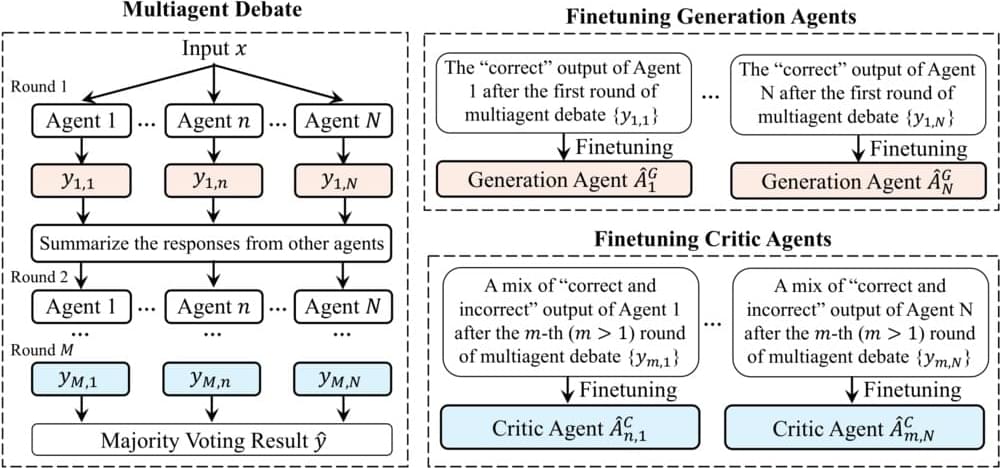Archive for the ‘futurism’ category: Page 3
W/ Dr. Milan Janosov. How networks from social media to HR and urban planning invisibly influences our everyday decisions and experiences.
Jan 15, 2025
Researchers Are Testing How Cold They Can Make Indium—It Might Result in a New State of Matter
Posted by Jose Ruben Rodriguez Fuentes in category: futurism
Jan 15, 2025
Lasers reveal hidden patterns in tattoos of 1,200-year-old Peru mummies
Posted by Genevieve Klien in category: futurism
Jan 15, 2025
New $7B light rail project zooms toward Texas stations
Posted by Genevieve Klien in categories: futurism, transportation
A $7 billion all-electric light rail project is underway in the Capital City. The Austin Light Rail now has a team in place to build the city’s first light rail system, set to shakeup the city’s public transportation in the near future.
Last month, the Austin Transit Partnership selected AECOM, a Dallas-based infrastructure consulting firm, to bring the first phase of the approximately 10-mile light rail to life in Austin, according to a release. Now AECOM is preparing to offer more updates to public on the project’s progress as the organization continues to implement the plan.
Jan 15, 2025
Scientists Held an Extreme Atomic Experiment—and Challenged the Notions of What’s Possible
Posted by Genevieve Klien in category: futurism
Jan 15, 2025
Species of Deep Sea Bug The Size of a Small Dog Named For Star Wars Villain
Posted by Shubham Ghosh Roy in category: futurism
In 2022, staff from Hanoi University purchased a selection of ’supergiant’ isopods at a seaford market in Quy Nhơn City in Vietnam, intrigued by a burgeoning market for the deep sea crustaceans as a delicacy.
Among them was a species unknown to science at the time. National University of Singapore carcinologist Peter Ng and colleagues have now formally described the novel sea bug in a new paper.
As the head of the animal’s carapace resembles the iconic scifi helmet adorned by Star Wars’ infamous Darth Vader, Ng and team named the giant woodlice relative Bathynomus vaderi.
Jan 15, 2025
Multiagent Finetuning: Self Improvement with Diverse Reasoning Chains
Posted by Shubham Ghosh Roy in category: futurism
Multiagent Finetuning. Our self improvement approach constructs a multiagent set of language models over multiple rounds of finetuning. At each round of finetuning, models specialize to become generation and critic agents, and agents in each further specializing based off their generations in the previous round of finetuning.
Jan 15, 2025
The U.S. Had A Record Year For EV Sales In 2024. Here’s How
Posted by Shailesh Prasad in category: futurism
General Motors crushed it in 2024, moving just over 114,000 electric Cadillacs, GMCs and Chevrolets. That’s thanks to a stable of heavy-hitters that it was finally able to mass-produce in 2024 following battery-assembly and software snafus.
The Chevy Blazer EV and Cadillac Lyriq racked up over 50,000 sales combined. The Chevy Equinox EV was GM’s real MVP. Americans snapped up 29,000 of them last year, including a whopping 18,000 in the fourth quarter alone. That’s what happens when you give people what they want: EVs that look great, go over 300 miles per charge and won’t break your budget.

















